If you're dreaming of starting up in Canada, there's some exciting news you need to know about the Start-Up Visa (SUV) program. It's been a fantastic option for international entrepreneurs looking for a stable, innovative, and supportive place to grow their businesses. And guess what? There have been some significant Canada Startup Visa updates in 2024 that could impact your journey to Canadian permanent residence.
Let’s explore these latest changes and see what they mean for you!
Introduction of an Application Cap
One of the most noteworthy Canada Startup Visa changes is the introduction of a cap on the number of permanent residence (PR) applications linked to the Start-Up Visa program.
#Canada’s Startup Visa Programme has implemented a cap on the annual processing of permanent residence (PR) applications, limiting it to a maximum of 10 startups per designated organisation.
— Business Standard (@bsindia) May 3, 2024
Here's everything you need to know about it.@surbhiglori #canadavisa…
Starting in April 2024, Canada has introduced a new restriction: only 10 startups per designated organization can apply for PR each year. With 82 designated entities like venture capital funds, angel investors, and business incubators on board, this means about 820 applications will be accepted annually.
This cap adds a bit of competition to the mix, as applications will be processed on a first-come, first-served basis. If you apply after the annual limit is reached, Immigration, Refugees and Citizenship Canada (IRCC) will just send your application back, along with your processing fees.
So, to up your chances, you should be smart with timing. That means getting your application in early during the fiscal year before they hit that cap.
Prioritization of Canadian Institution-backed Applications
Fast processing is critical to the success of entrepreneurs who come to Canada through our federal business programs. These necessary changes will set the Startup Visa Program and Self-Employed Persons Program on the path to faster processing times while we look ahead to further reforms to make these programs more sustainable and effective over the long term.
– The Honourable Marc Miller, Minister of Immigration, Refugees and Citizenship, Canada
If your startup gets backing from Canadian investors or if it’s a member of Canada’s Tech Network, you'll get priority. This prioritization applies to both existing applications in the inventory and new ones being submitted.
This shift is giving a big boost to startups that already have some backing from well-known Canadian organizations. If you want to get in on this prioritization change, it’s a good idea to try and get support from Canadian venture capital funds or incubators, especially the ones connected to Canada’s Tech Network.
Permanent Residence Fees Increase
Another significant change is the increase in permanent residence fees, which took effect on April 30, 2024. Applicants who paid their fees before this date but have not yet submitted their complete application will need to pay the difference.
Fees for all permanent resident applications will increase on April 30, 2024, as part of a routine update. These fees increase every 2 years to manage growing program and service delivery costs and to keep up with inflation.
— IRCC (@CitImmCanada) April 11, 2024
For more information: https://t.co/kd6xJsWPce pic.twitter.com/OmhJMZwgb8
Just a heads up, the IRCC tends to raise the fees every couple of years to keep up with inflation. They did it back in 2020 too. So, this time around, it was just part of the routine – nothing out of the ordinary.
Make sure you factor in the higher fees when planning out your application budget. Also, if you have already paid your fees but have not submitted your application, be ready to cover the difference.
Work Permit Flexibility
Another major upgrade to the SUV program is some super flexible work permit options. Before, if you wanted to get into Canada early, you could get a work permit, but this permit was restricted to working solely for the startup you were investing in. It made things tough for a lot of entrepreneurs, especially if they needed additional income sources while waiting for their PR application to go through.
But now, IRCC has now loosened up the rules. You can still get into Canada with a work permit and won't be tied down to just one startup anymore. With this new change, not only can you, the main applicant, work anywhere in Canada while waiting for your PR status, but your spouse can too!
This flexibility is awesome, especially if either of you wants to get a job outside of your startup. This way, you can stay financially stable and get fully integrated into the professional scene in Canada.
Conclusion
The recent Canada Startup Visa updates reflect that the country is set on pulling in the best and brightest entrepreneurs while ensuring a fair and organized application process.
The country has put on an application cap, given priority to certain types of support, raised the fees a bit, and even added more flexible work permits. This way, Canada makes sure the SUV program does what it's supposed to do: help awesome startups grow in Canada.
So, if you're thinking of applying, these updates mean you must plan things out and make smart moves. So, get a good grasp of what's changed, and prepare yourself accordingly. With the right approach, you can totally ace your way through to get that permanent residency in one of the most startup-friendly places in the world.
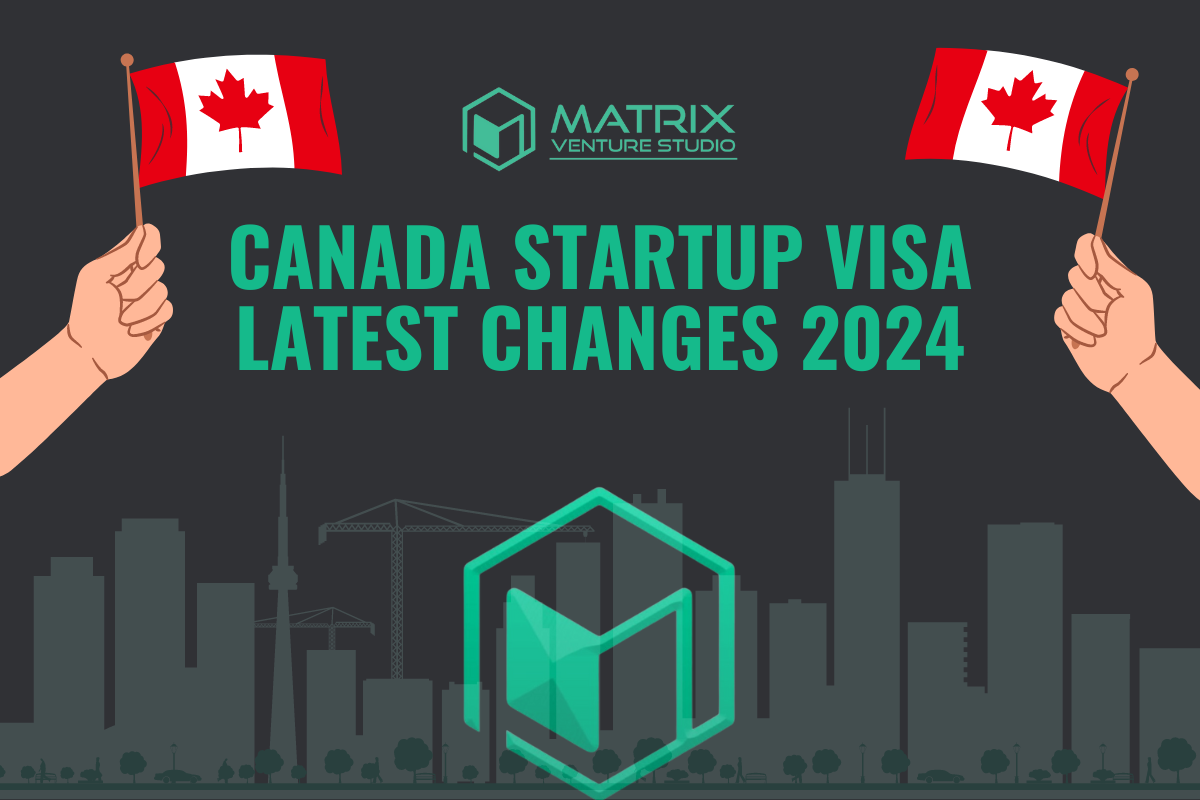
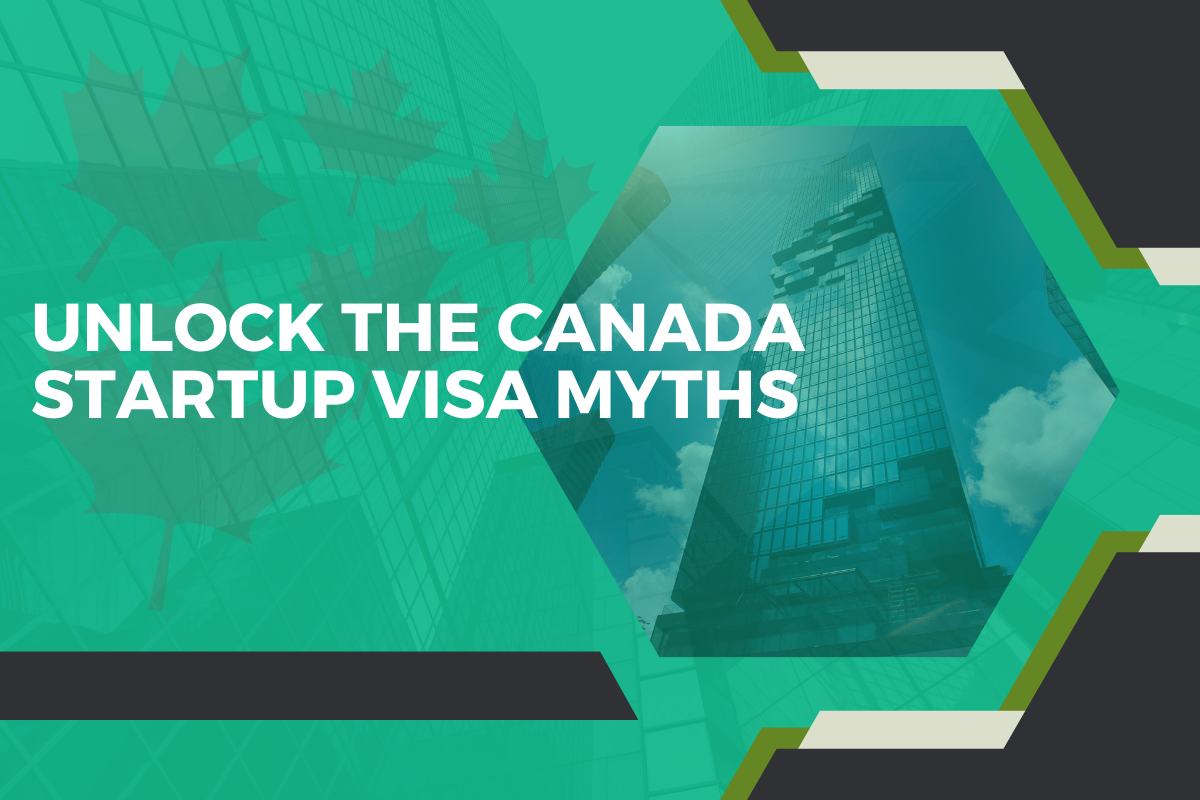
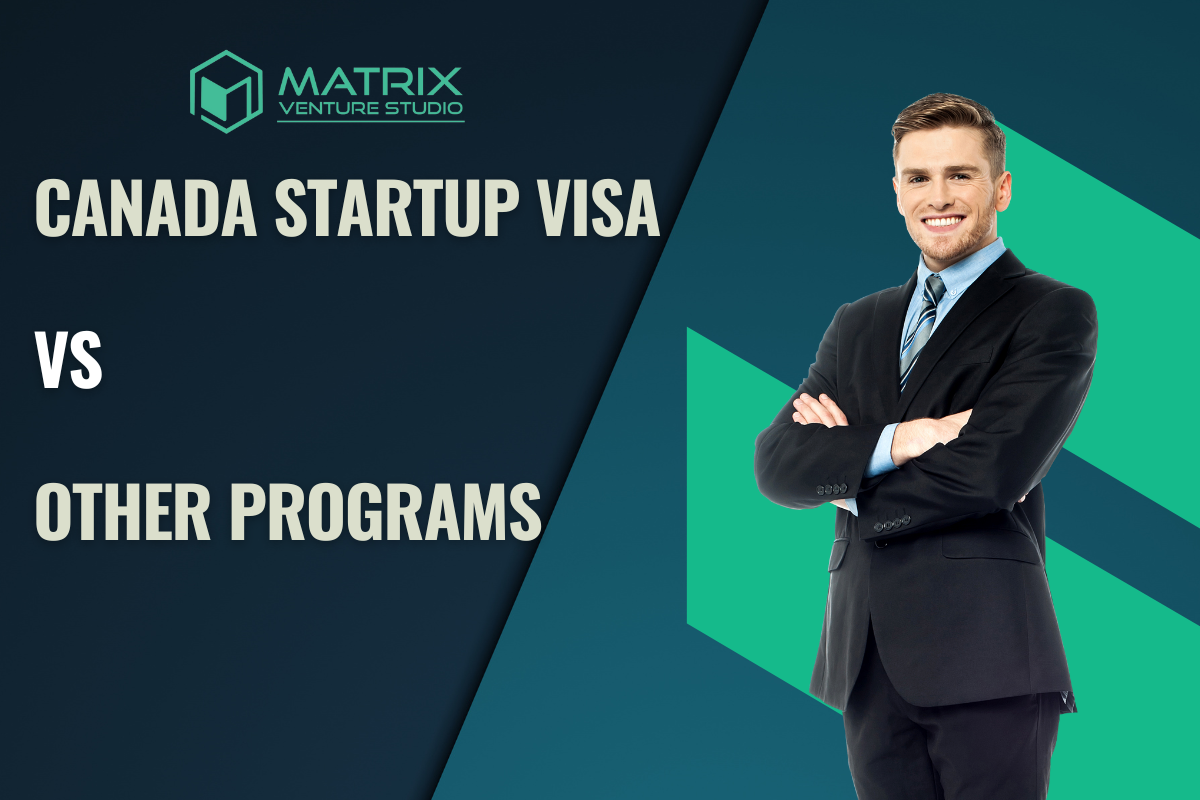
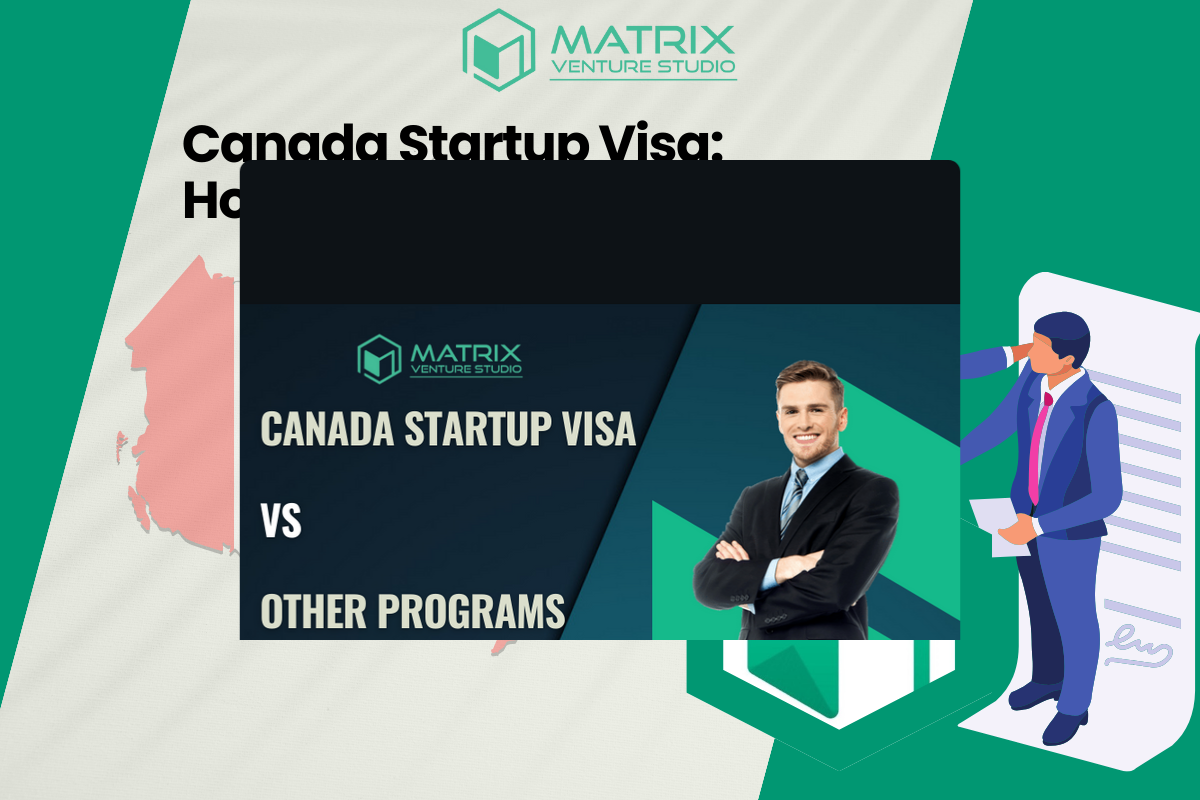
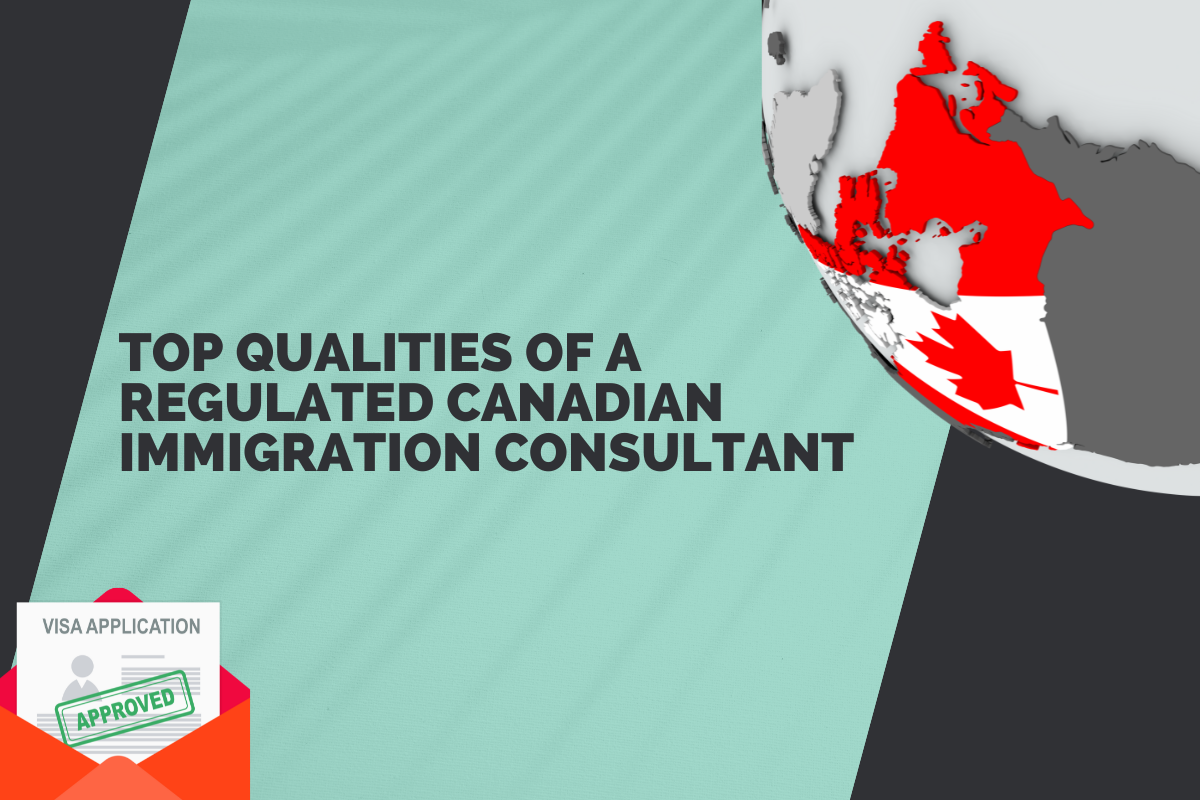
Leave a reply